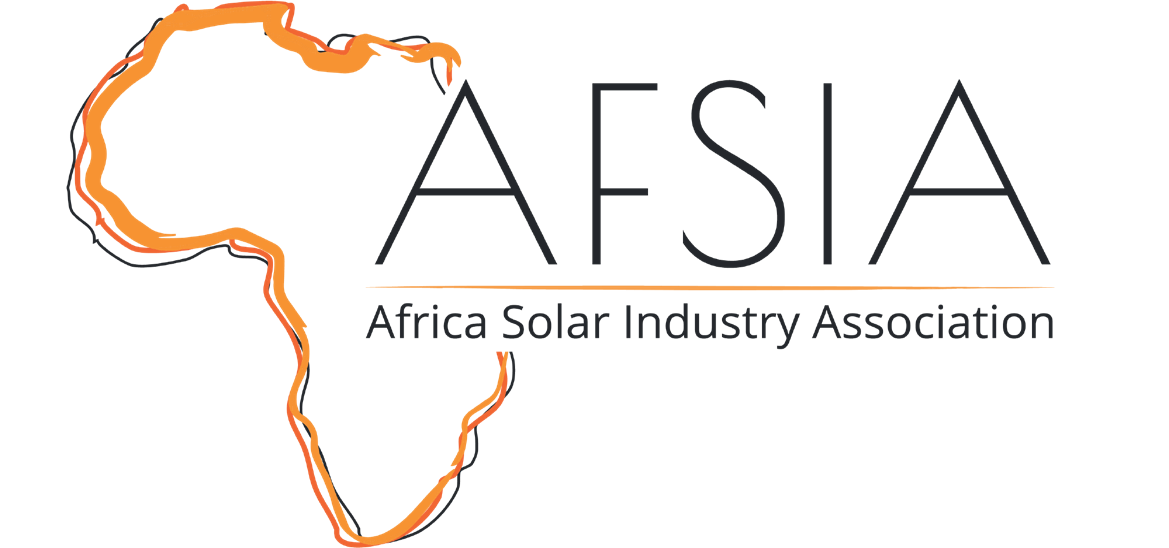
- This event has passed.
Taking advantage of the increased 100MW threshold: The C&I business case
July 27, 2021 @ 2:00 pm - 3:00 pm
Event Navigation

President Cyril Ramaphosa’s announcement to increase the self-generation without a licence threshold from 1MW to 100MW has been a long time coming for South Africa’s commercial and industrial sector.
While there are regulatory details to iron out, the announcement signals in theory that it will become easier for companies to enter into Power Purchase Agreements with private entities. Instead of a lengthy licencing process, a future applicant would only need to register their generation project with the National Electricity Regulator of South Africa (NERSA).
Small scale embedded generation in the C&I sector is a growth industry, especially the use of solar energy, across Africa. Most often the decision to self-generate is a business imperative entered into because it is the only way a company can ensure reliable, available and sustainable electricity.
In South Africa, load shedding threatens millions of jobs across all industrial sectors so the ability to control a steady supply of electricity would provide much-needed business stability. But, would what is essentially the creation of a decentralised power supply really make that much of a difference to the country’s decarbonisation efforts?
Though the actual update of the Electricity Regulation Act Schedule 2 is now a matter of gazetting the paperwork, there are still many unanswered questions around the policies and regulations that will spell out exactly how this process will work.
Register here

